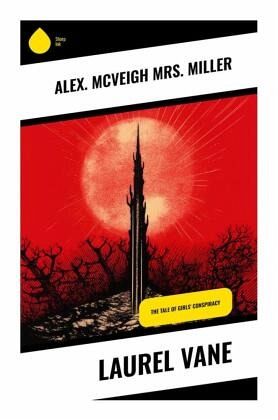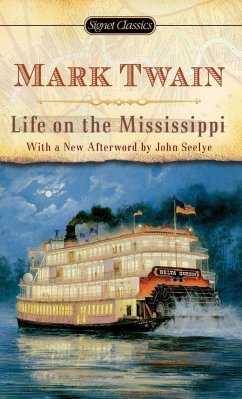
Laurel Vane
The Tale of Girls' Conspiracy
Versandkostenfrei!
Versandfertig in 6-10 Tagen
12,00 €
inkl. MwSt.

PAYBACK Punkte
0 °P sammeln!
In "Laurel Vane," Alex McVeigh Mrs. Miller masterfully weaves a narrative that explores themes of identity, resilience, and the complexities of human relationships. The book is set against a backdrop of both rural landscapes and urban centers, intertwining the lives of its characters through an intricate plot laden with emotional depth. The literary style is evocative and richly detailed, employing lyrical prose that draws the reader into the internal struggles and triumphs of its protagonists. Miller's writing reflects the influences of late 19th-century American realism, capturing the social...
In "Laurel Vane," Alex McVeigh Mrs. Miller masterfully weaves a narrative that explores themes of identity, resilience, and the complexities of human relationships. The book is set against a backdrop of both rural landscapes and urban centers, intertwining the lives of its characters through an intricate plot laden with emotional depth. The literary style is evocative and richly detailed, employing lyrical prose that draws the reader into the internal struggles and triumphs of its protagonists. Miller's writing reflects the influences of late 19th-century American realism, capturing the social dynamics and psychological intricacies of her characters with precision and empathy. Alex McVeigh Mrs. Miller was a prominent literary figure in her time, often exploring the delicate balance between societal expectations and personal freedom. Her own experiences as a woman navigating the literary world of the late 1800s informed her perspective, fostering a deep understanding of the constraints placed upon individuals, particularly women. This backdrop of personal and cultural exploration shapes "Laurel Vane" into a vessel for discussing broader social themes that resonate even today. Readers seeking a thought-provoking and beautifully crafted narrative will find "Laurel Vane" to be an enriching experience. Miller's keen insights into human nature and her skillful storytelling offer a compelling journey that invites readers to reflect on their own identities and connections. This novel is essential for anyone interested in feminist literature or the evolution of American fiction.












